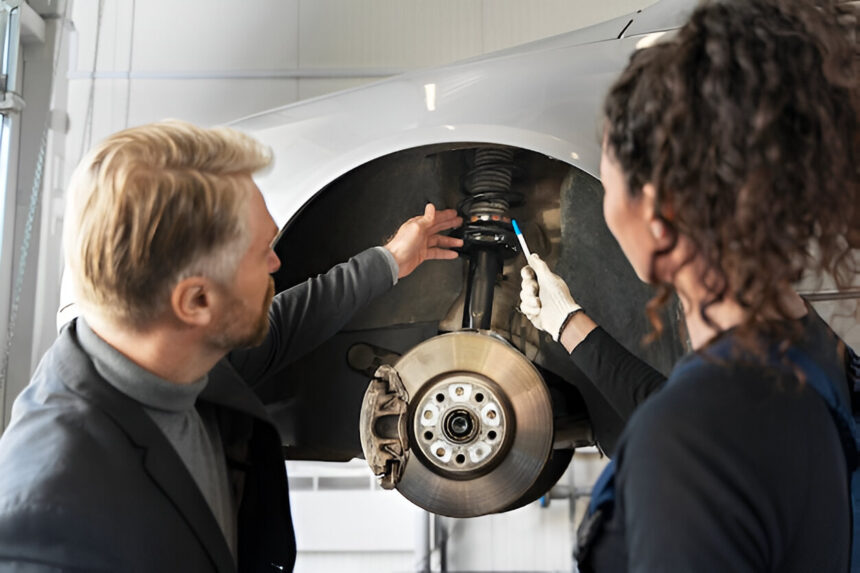Chancel repair is a legal obligation that dates back centuries in England and Wales, requiring certain property owners to contribute to the maintenance and repair of the chancel of a parish church. This unique and often misunderstood responsibility has caused confusion and concern for many property owners, particularly those residing near historic churches. In this article, we will delve into the origins of chancel repair, its legal implications, exemptions, and practical considerations for those affected by this ancient law.
Historical Origins of Chancel Repair
The roots of chancel repair can be traced back to medieval times when churches were constructed with separate sections: the chancel, which housed the altar and clergy, and the nave, where the congregation gathered. The responsibility for maintaining the chancel fell upon the landowners whose properties were once part of the church’s estate. This duty was enshrined in law through various Acts of Parliament and legal precedents over the centuries.
Legal Implications of Chancel Repair
Today, the liability for chancel repair rests primarily with property owners whose land was historically subject to the obligation. This liability is known as a chancel repair liability and can be enforced by the parochial church council or the church commissioners. The liability can be significant, potentially amounting to thousands of pounds, depending on the extent of repairs needed.
Property owners can be surprised by the discovery of a chancel repair liability when purchasing a property, as it may not be evident from the title deeds or legal documents. Failure to address this obligation can lead to legal action by the church authorities, resulting in costly legal fees and potential repair bills.
Exemptions and Protections
Certain exemptions and protections are available to property owners facing a chancel repair liability. Properties registered with the Land Registry after October 13, 2013, are automatically protected from chancel repair liabilities unless specifically noted in the title register. Additionally, properties in specific areas designated as exempt from chancel repair liabilities are not subject to this obligation.
Property owners can also seek indemnity insurance to protect against potential chancel repair liabilities. This insurance provides coverage in the event of a claim and can offer peace of mind to property owners concerned about this legal obligation.
Practical Considerations for Property Owners
For property owners concerned about chancel repair liabilities, it is advisable to conduct a thorough investigation into the property’s history and title deeds. Consulting with a solicitor experienced in property law can provide valuable insights and guidance on how to navigate this complex issue.
When purchasing a property, it is essential to undertake a chancel repair search to determine if the property is subject to any liabilities. This search can reveal any potential obligations and inform decision-making regarding the purchase.
Property owners should also engage with the local church authorities to discuss the possibility of reaching a voluntary agreement for chancel repairs. Open communication and cooperation can help mitigate potential disputes and establish a mutually beneficial arrangement for maintaining the chancel.
In conclusion, chancel repair is a unique and longstanding legal obligation that property owners in England and Wales should be aware of. Understanding the historical origins, legal implications, exemptions, and practical considerations associated with chancel repair can empower property owners to address this obligation effectively and protect their interests.
By taking proactive steps, seeking legal guidance, and exploring available options, property owners can navigate the complexities of chancel repair with confidence and ensure the preservation of these historic church buildings for future generations.





